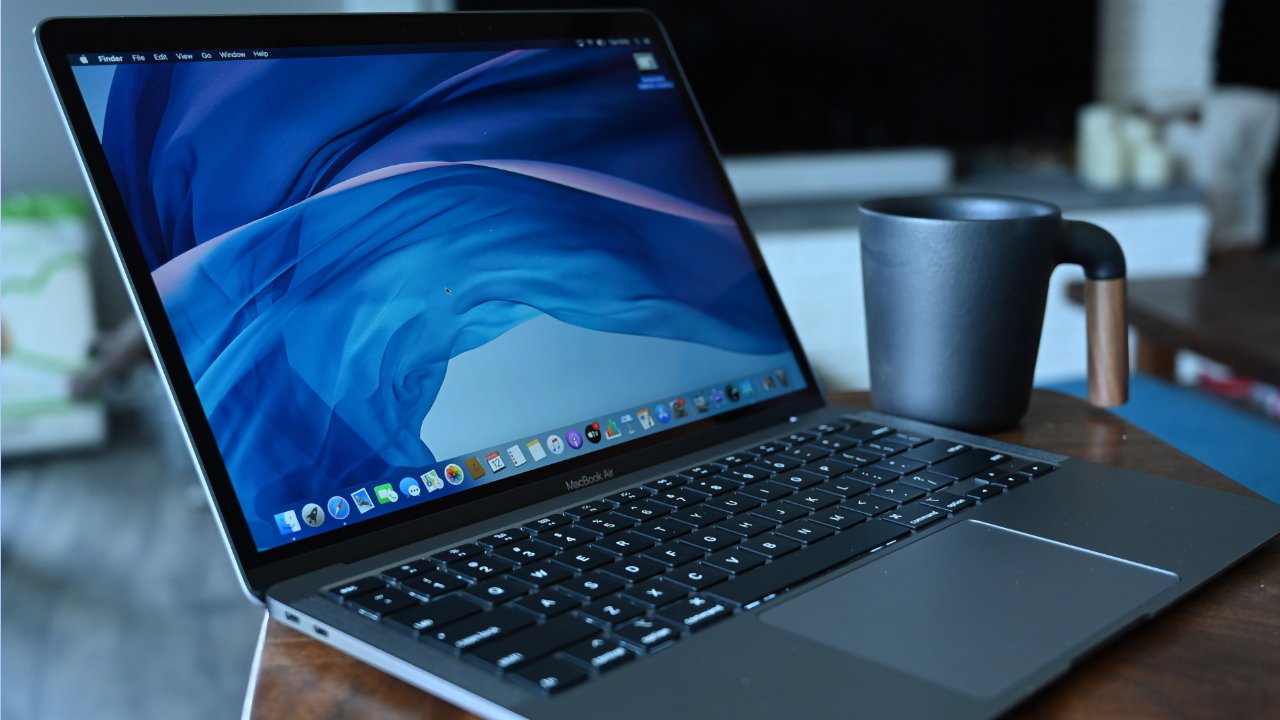Emory Healthcare is switching to the Mac, making the MacBook Air its default laptop for clinicians.
Emory has previously partnered with Apple on an app focused on Parkinson's disease back in 2016. Until now, though, it had standardized on PCs, according to Modern Healthcare.
Chief Information and Digital Officer Dr. Alistair Erskine told the publication that Emory had bought 830 MacBook Air machines in a program costing around $1 million. According to his biography on Emory's website, Dr. Erskine is "responsible for the digital transformation of the Emory organization."
He says that Emory will now supply the MacBook Air as its default laptop for all clinicians.
"I ultimately think the experience is going to be easier for the end user," said Dr. Erskine, adding that Emory clinicians have been asking about using Apple devices.
"A lot of doctors use Mac at home and a lot of researchers use Mac," Dr. Erskine said. "Just because we've been in the habit of not using Mac in a healthcare environment, I think they sort of tolerate the Windows-based device."
Dr. Erskine also said that Emory expects to recoup its $1 million investment in part because of the MacBook Air's lower energy costs. Emory also expects that it will save significantly on technical support costs compared to Windows PCs.
Epic EHR comes to the Mac App Store
As part of the move to standardize on the Mac, Emory is also rolling out Epic's electronic health records (EHR) software to 200 of its MacBook Air laptops. Epic is in the process of releasing its EHR software on the Mac App Store, which will make Mobile Device Management (MDM) easier for large clients.
Epic's move to the Mac App Store has reportedly been made because of demand from its customers like Emory, and with developer support from Apple.
Apple's working with Epic comes after disagreements in 2020, when Apple backed government moves to get patients more access to their medical data. At the time, Epic opposed the idea, claiming it would be "overly burdensome" on the US health system.
 William Gallagher
William Gallagher




-m.jpg)


-m.jpg)






 Chip Loder
Chip Loder
 Oliver Haslam
Oliver Haslam
 Malcolm Owen
Malcolm Owen

 Amber Neely
Amber Neely

 Andrew Orr
Andrew Orr








6 Comments
Truer words have never been spoken.
Initially reading the title, I wondered how this was possible w/o support from Epic, Siemens, etc.
It'll be interesting to see if this opens the flood gates for other HCOs.
Epic? Crap. I was hoping they'd be switching to MacPractice.